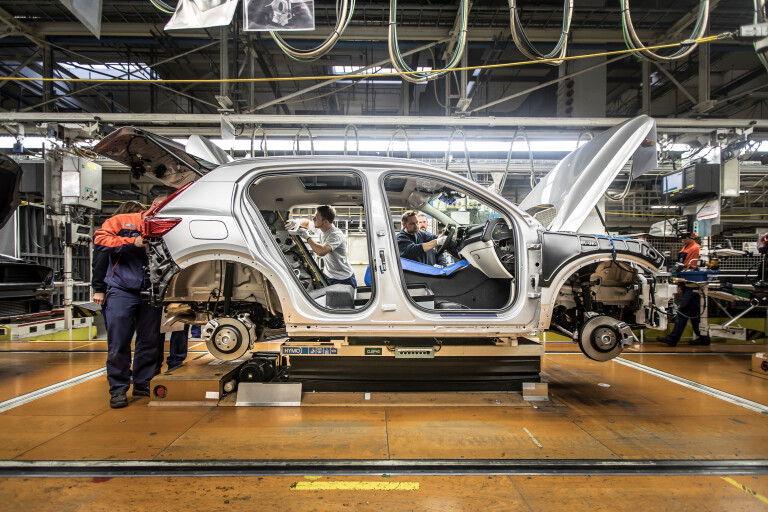
The CEOs of Mercedes-Benz, BMW, and Volkswagen are warning the global semi-conductor chip shortage is likely to last until at least 2023.
“Several chip suppliers have been referring to structural problems with demand,” Mercedes-Benz CEO Ola Kallenius told media at the 2021 Munich motor show, Automotive News reports.
“This could influence 2022 and [the situation] may be more relaxed in 2023.”
The comments were echoed by BMW’s CEO Oliver Zipse, who said the supply of semi-conductors could last for another year.
“I expect the general tightness of the supply chains will continue in the next six to 12 months,” he said – but added the long-term outlook was positive for the industry.
Volkswagen boss Herbert Diess wasn't as optimistic, foreshadowing demand for the components will only grow as cars – as well as more common consumer products – increase their dependence on electronics.
Most major car manufacturers have been forced to temporarily halt production across the world, as supply of the critical computer parts continues to cause headaches across the industry.
Last week Toyota announced its current production difficulties would impact deliveries of the Toyota LandCruiser 300 Series, with some Japanese media reporting an expected delay of up to 12 months.
Meanwhile, tech company Intel has announced it will spend €80 billion (AU$128 billion) over the next decade to build a number of semi-conductor factories in Europe – including a dedicated automotive production facility located in Ireland, according to Reuters.
Though the pandemic was the original cause of the current crisis, a recent report by Forbes suggested tech giants such as Apple were prepared to outbid other companies from the automotive sector.
But while the bottleneck could last into 2023, car company bosses are advising the current situation is expected to begin easing by the end of 2021.
COMMENTS